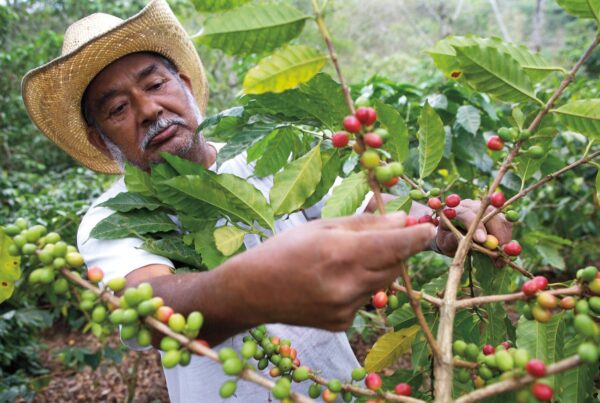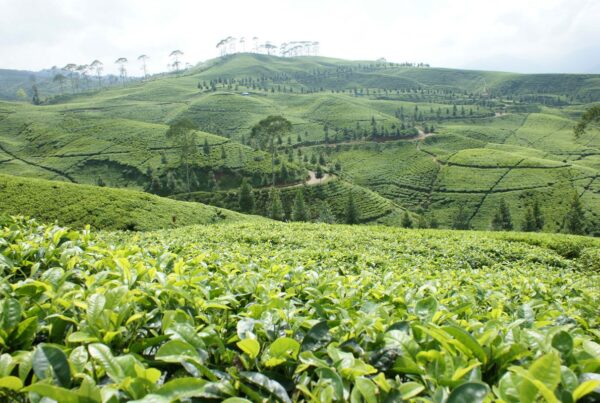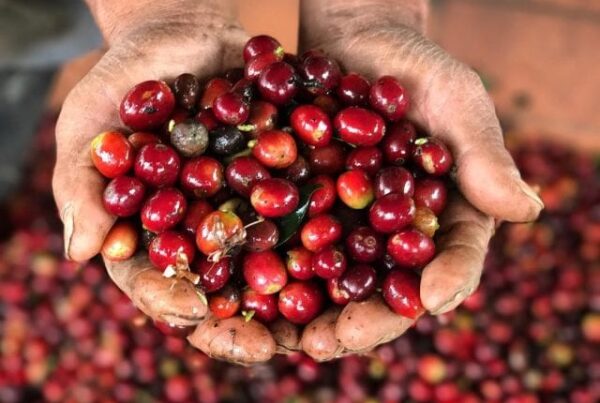
To answer this questions, let’s start by looking at what caffeine actually does to your body. Caffeine is a stimulant drug that affects the central nervous system (CNS). When ingested, it causes an increase in blood pressure, heart rate, and respiration rate. It also blocks adenosine receptors and inhibits phosphodiesterase enzymes from breaking down cAMP levels in cells throughout your body. This means that it makes you feel more alert and awake by increasing brain activity and blood flow throughout your body.
While there are many foods that contain caffeine—such as chocolate or tea—coffee contains more than any other food on average because its main ingredient.
Caffeine content varies from type to type and from roast level to roast level, so it’s important to know what you’re getting into before you buy a cup of joe.
Here are some tips for finding out how much caffeine is in your coffee:
-First, remember that the darker the roast level of a coffee bean, the more caffeine it will have. That’s because roasting causes chemical reactions in the bean that release more caffeine into its watery solution.
-Second, consider where your coffee comes from. Coffees from higher altitudes tend to have less caffeine than coffees grown closer to sea level—but this isn’t always true! In fact, some experts believe that altitude only has an impact on caffeine content when it comes to beans processed within six months after harvest (when they’re still wet).
-Lastly, the coffee processing method has a significant effect on caffeine content as well. In general, wet-processed coffees have more caffeine than dry-processed ones. This is because during the fermentation process, the enzymes in the coffee beans break down some of the proteins and carbohydrates in the bean. The process of picking up free floating sugars with water during washing also increases the amount of caffeine in your cup!
How much caffeine is okay to consume a day?
The answer is: it depends!
When it comes to how much caffeine is safe for you, there’s no hard-and-fast rule. That’s because the amount of caffeine that’s healthy for one person might cause problems for another. In fact, some people are more sensitive than others. If you’re pregnant or have cardiovascular disease, high blood pressure, or diabetes, you should talk with your doctor before drinking caffeinated beverages.
But if you’re like most people and just want to know how much caffeine is okay for you personally, here are some guidelines:
-150mg/day: The average amount consumed by U.S. adults
No one really knows how much caffeine is in the average cup of coffee, but the consensus seems to be that it’s around 100 milligrams—but that’s based on studies and hasn’t actually been verified.
So, if you’re looking for a way to test out how much caffeine you’re consuming with any given cup of coffee, try this: stop drinking coffee altogether for two weeks. Then drink a cup of Reyes Coffee medium roast medium roast coffee—and then take a nap. See how long it takes you to fall asleep. If you fall asleep within an hour, congratulations! You’ve just consumed your daily recommended dose of caffeine for most people.



Brewing A New Narrative For Nicaraguan Coffee In America

Here’s how to make a smooth, bold brew: the Moka Pot!


How we work
Subscribe
Savor a cup of coffee from Nicaragua, grown on our family farm and roasted in Los Angeles.
No Risk. You can pause, skip, modify or cancel your subscription anytime.
Enjoy 50% off your first month subscription + 10% off each month thereafter.
Free Shipping anywhere in Los Angeles.

Wholesale
We offer a wide range of wholesale programs that fit your specific needs.
Coffee Themed Gifts
Co-Work Space Solutions
Coffee Catering Services
Retail Solutions
And, More!

Commercial
Order from our website, and we’ll send it right to your door.
Always fresh!
Free Shipping in San Fernando Valley!
Your single source, from farm to cup.





